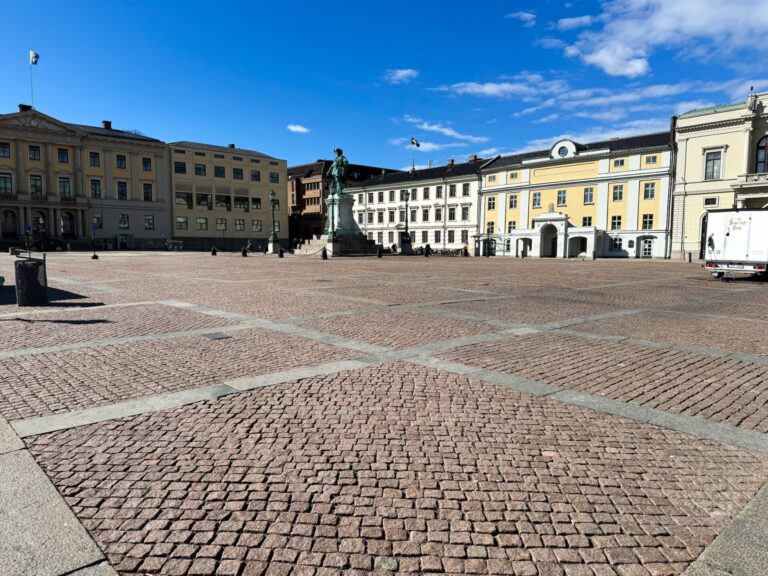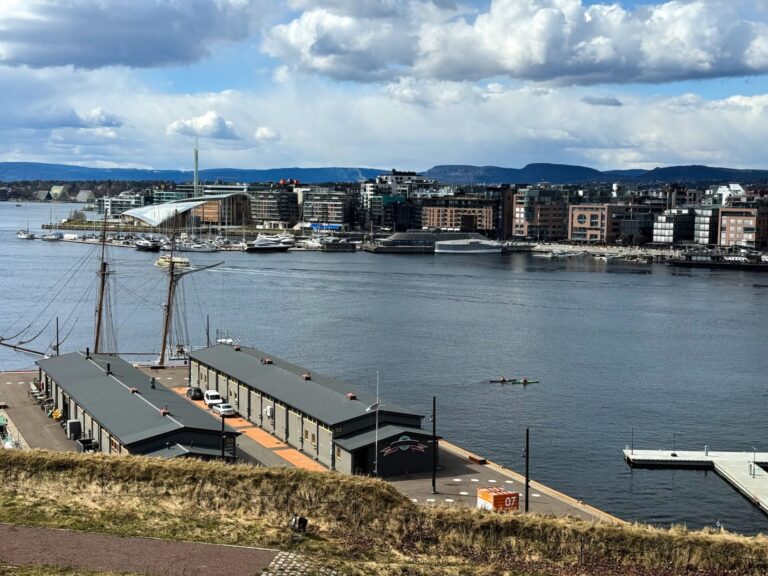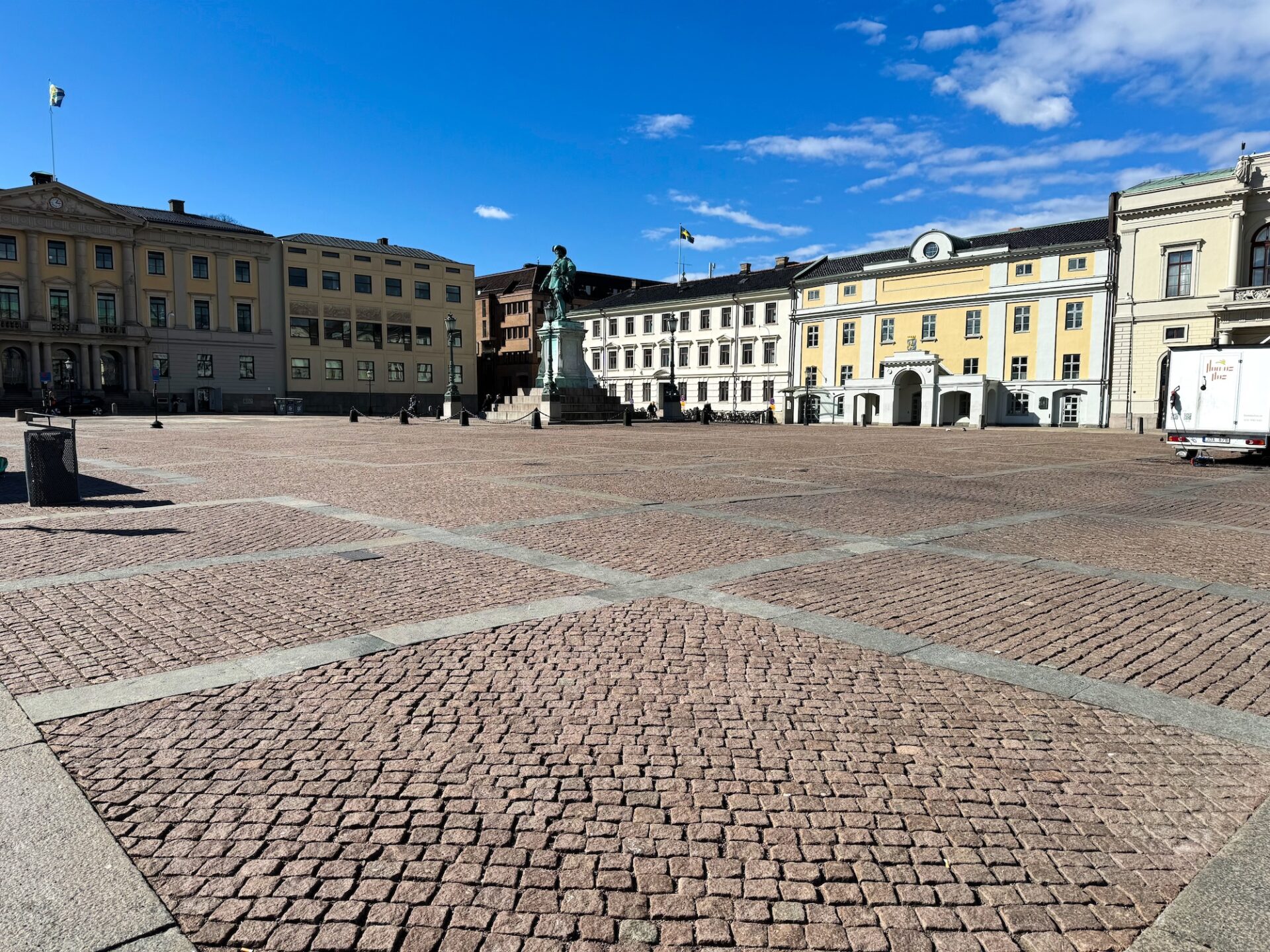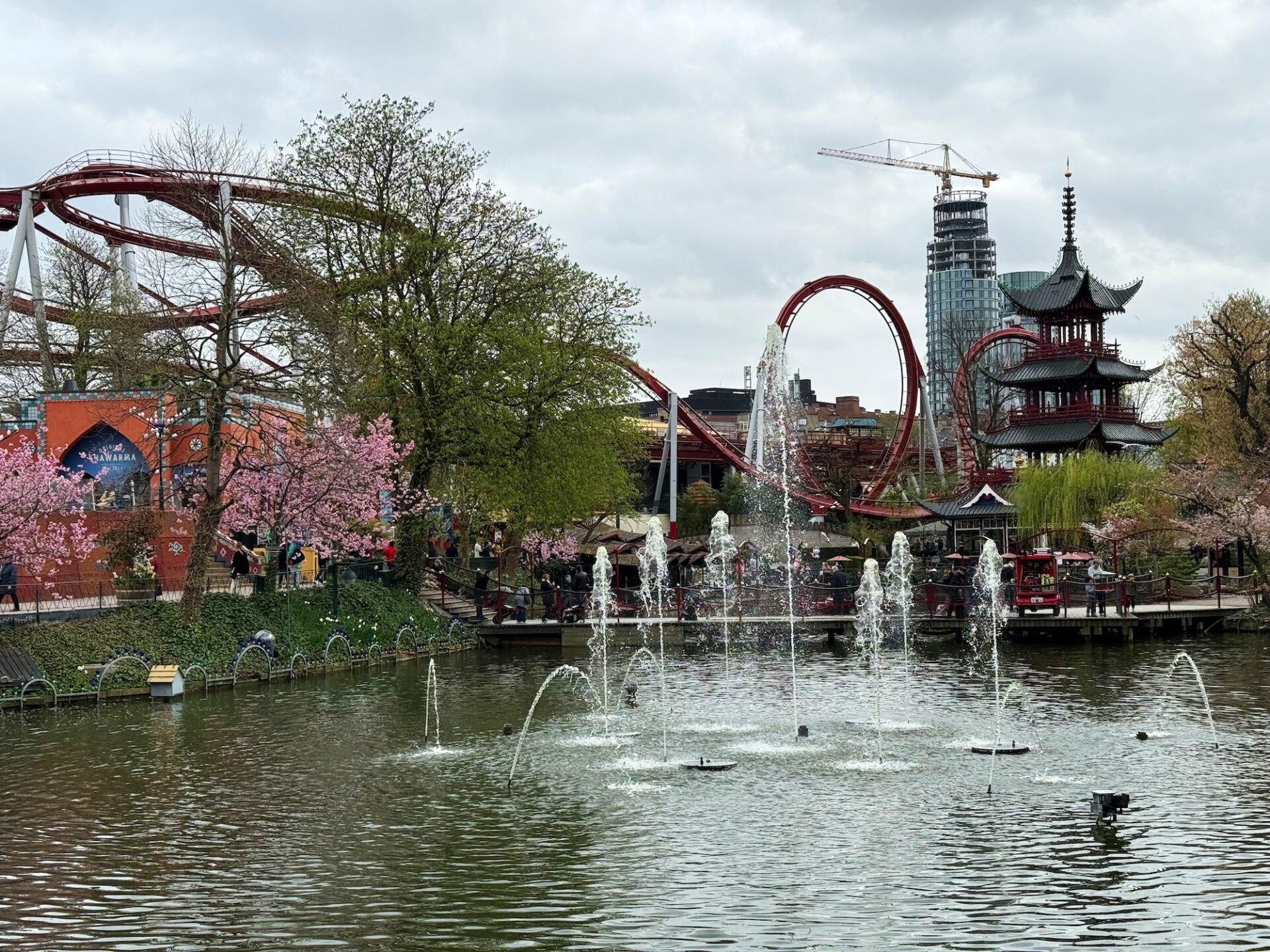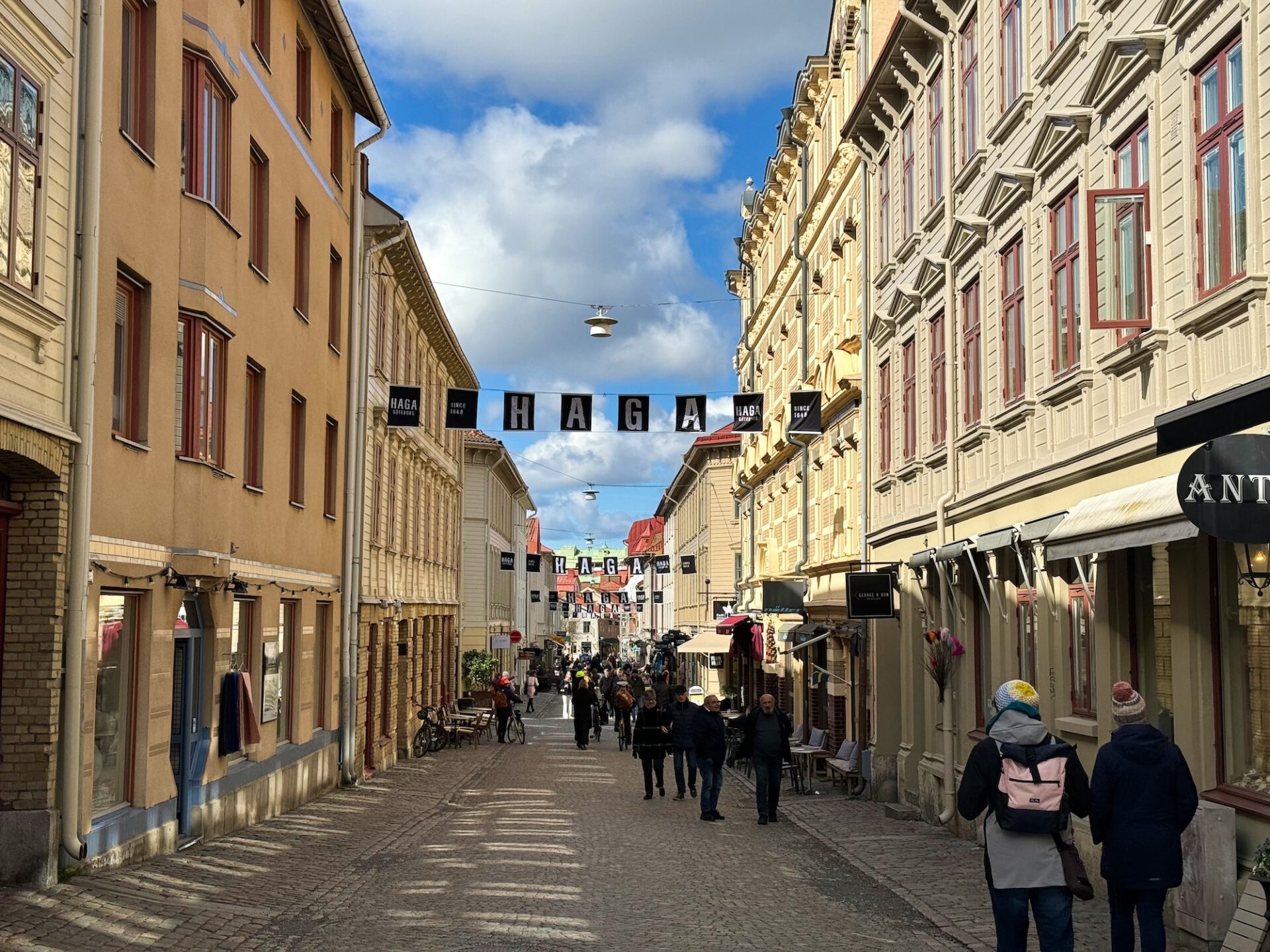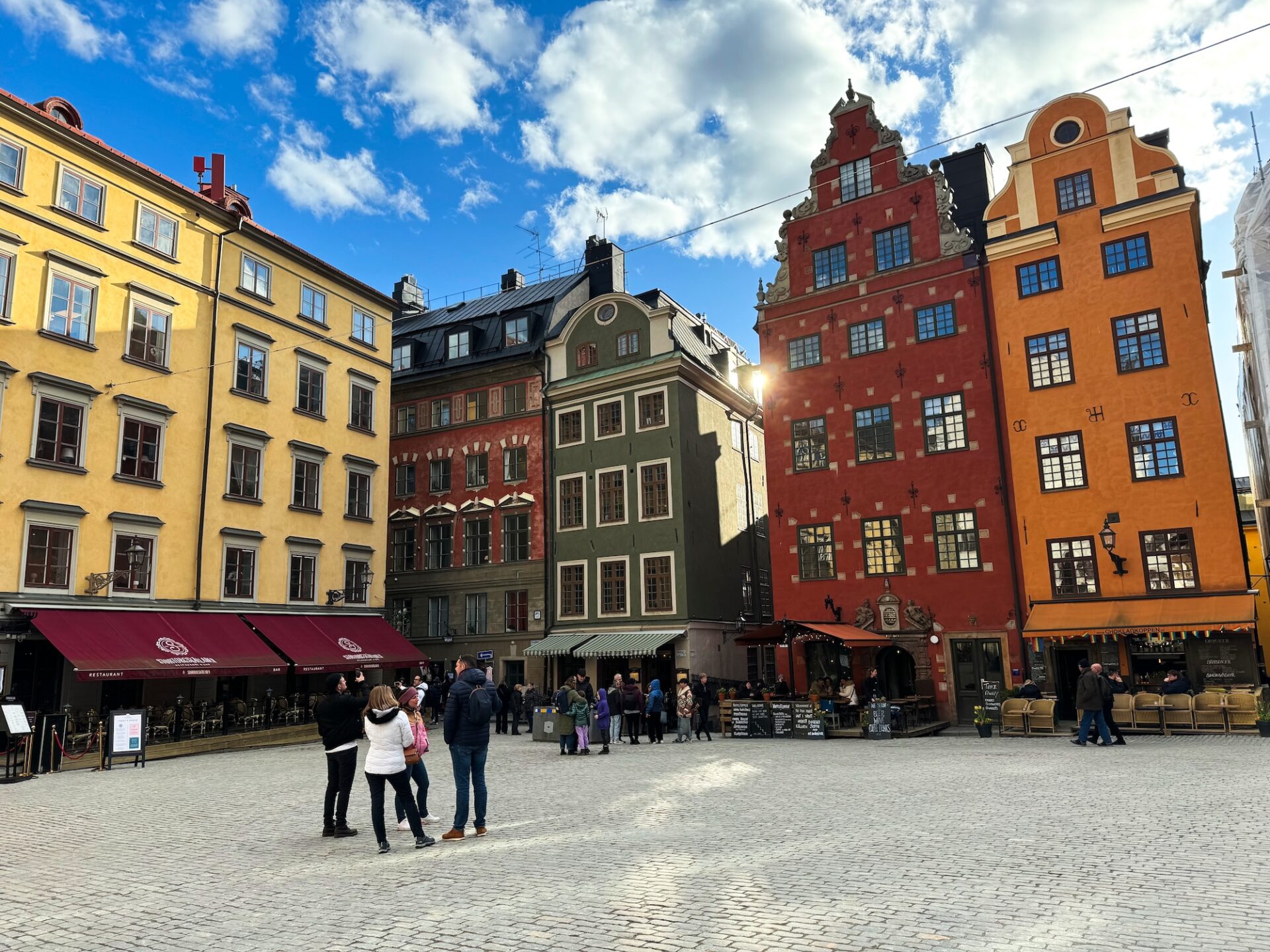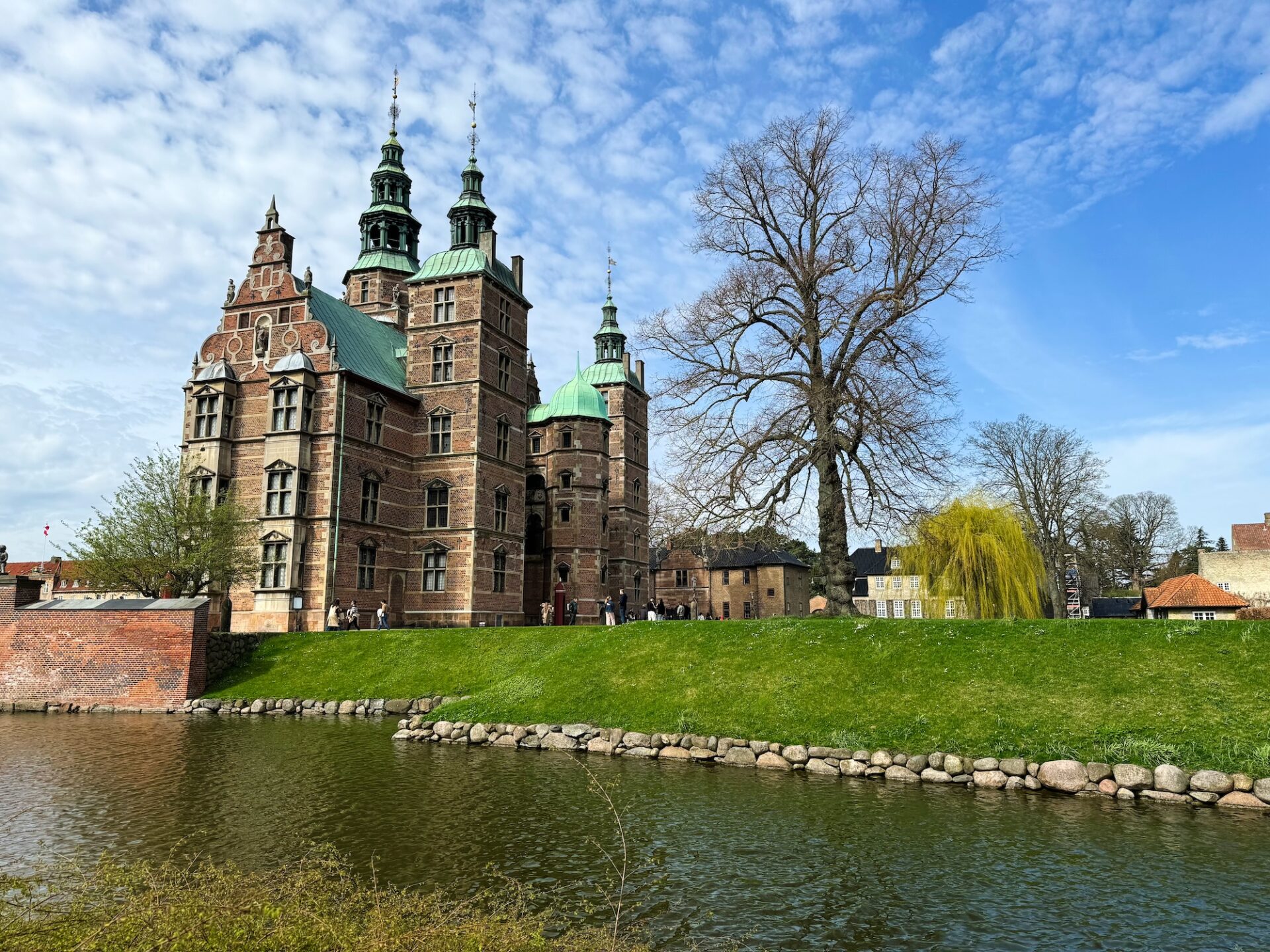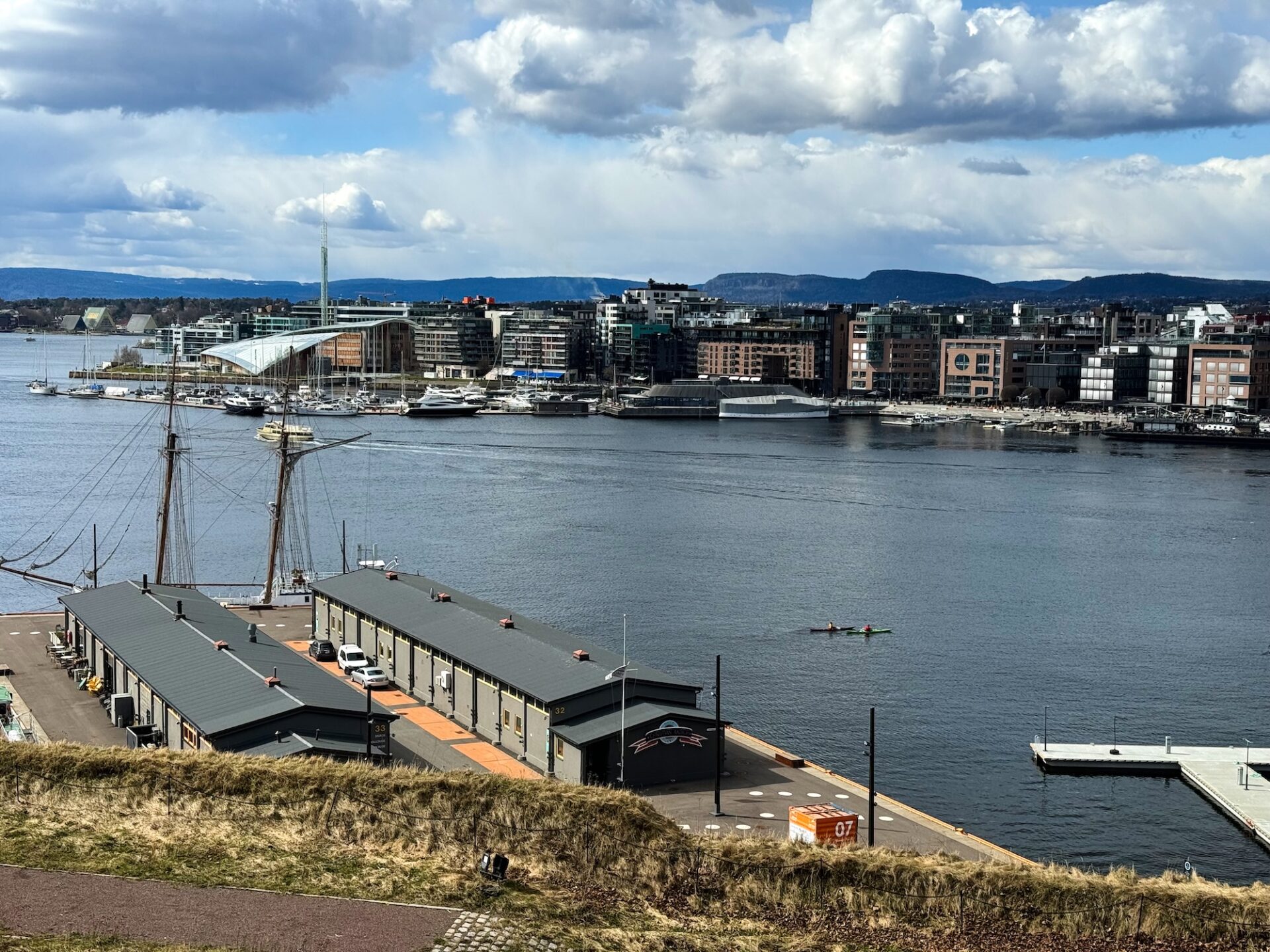Denmark is one of three countries that make up what is known as Scandinavia. It’s capital city of Copenhagen makes its way to a lot of itineraries, as its the hub for Scandinavian Airlines (SAS). While Copenhagen has a lot to offer, venture outside of the major cities for a real glimpse of Danish life.
Let’s plan your trip!
Top Things to Do | Itineraries | Know Before You Go | Transportation | When to Travel | Costs & Budget | Solo Female Travel Advice | Photo Inspiration | All Blog Posts
Top Things to Do
Copenhagen – The capital of Denmark is also its most popular city. There is so much to see and do here from churches to museums to amusement parks and even more.
Tivoli Gardens – While technically in Copenhagen, the Tivoli Gardens deserve their own spot on this list. This amusement park has been bringing joy to Danish families (and travelers, too) since the 1800s.
Aarhus – The second largest city in Denmark has an inviting waterfront, trails, beaches, and a fantastic art museum.
Legoland – Another amusement park, but since Denmark is the home of Lego, it feels appropriate to include this Lego wonderland to this list.
Itineraries in Denmark
So far I’ve only been to Denmark once as part of a larger trip through Scandinavia. I’ve only been to Copenhagen, but I know there is a lot more to Denmark beyond Copenhagen.
Know Before You Go
Currency – Danish Kroner (DKK). I paid by card exclusively in Denmark. There was never a time where I needed to use cash and so, I never touched any cash throughout my trip to Denmark.
Language – Danish. While everything is in Danish first, you will find plenty of English throughout Denmark. I don’t know any Danish and I never felt uncomfortable with the language barrier.
Power – 230V and 50hz. Types C, E, F, and K.
Tipping – Your service charge is typically include in the cost of your meal, so tipping is generally not expected. However, if you had a fabulous experience, a small tip is appreciated.
Water – The water throughout Denmark is safe to drink so bring a reusable water bottle.
Transportation
By Bus & Trains – Trains, along with buses, help connect the long distances. If you’re traveling between cities, or even between countries, check out all of your options. If you’re jumping on a high speed train, make sure to book early so you can save some extra cash.
By Rental Car – Because there’s such a comprehensive public transportation system, it’s unlikely that you’ll need a rental car while you are in Denmark. Still, if you want to travel at your own pace or plan to go somewhere very rural, a car may be the best option for you.
By Bike – While you could use a bike to get from city to city, consider renting a bike to explore the city you’re in. Bikes are incredibly popular in Denmark and with plentiful bike lanes, you can bike through the city with a feeling of safety.
When to Go
Low Season – Winters are the low season. You should expect cold weather, the fewest crowds, and limited hours for major sights. Additionally, expect limited daylight. For example, January in Stockholm sees the sun rise at 8:30 and set at 3:30.
High Season – Summer has the best weather, but the highest crowds. The major sights will be open and you won’t have to be concerned with the sun setting early. In fact, during the summer months, the sun can stay out as late as 9:00 or 10:00 pm.
Shoulder Season – Spring and fall help to balance out the two extremes, with mild weather and fewer crowds. I traveled in mid April and while it was ok in terms of weather (Stockholm was still very cold), I did run into some issues with timing on a few sights.
Budget
Denmark, and Scandinavia in general, are expensive places to travel. That said, I found Denmark to be the most expensive country I visited on my trip to Scandinavia.
Accommodations – Hotels are not cheap, so if you want a private room, make sure to budget appropriately. During my visit, I spent about 700 SEK per night for my hotel in Copenhagen. You could absolutely go higher, but unless you’re staying in a hostel, you may not get a lot lower.
Food – Sit down restaurants are expensive and if you plan to sit for a nice meal, budget a minimum of 200 DKK per person per meal. I stuck to fast and convenience food, which while still expensive (half the cost of sit down restaurants), it still wasn’t cheap.
Transportation – For your daily transportation (city buses and metros), estimate 24 DKK per ride (more if you need to get to the airport). But before you buy any tickets, check to see if it’s worth it. In Copenhagen, I found that paying for the metro would only save me five minutes walking, so with the exception of the airport, I skipped the metro to save money. For buses and trains between cities, the cost varies by mode of transport and how early you book. For high speed rail, the earlier you the book, the more savings.
Activities – Like with anywhere you visit, there are plenty of free activities. But for paid activities (such as a museum, castle, etc.), I’d suggest budgeting 150 DKK per sight. You may find some activities cheaper, and others more expensive, but I think this is a great place to start.
For more details, including budget saving tips, check out my Scandinavia Travel Budget.
My Experience as a Solo Female Traveler
I visited Denmark in 2024 as a solo female traveler. There was never a time where I felt unsafe. Now, it should be noted that I don’t drink alcohol and I don’t go out after dark (although I visited in mid April when the sun doesn’t set until after 8:00 pm). I’d argue that Denmark, and Scandinavia in general, is the place where I’ve felt safest as a solo female traveler.
Photos to Inspire Your Travels
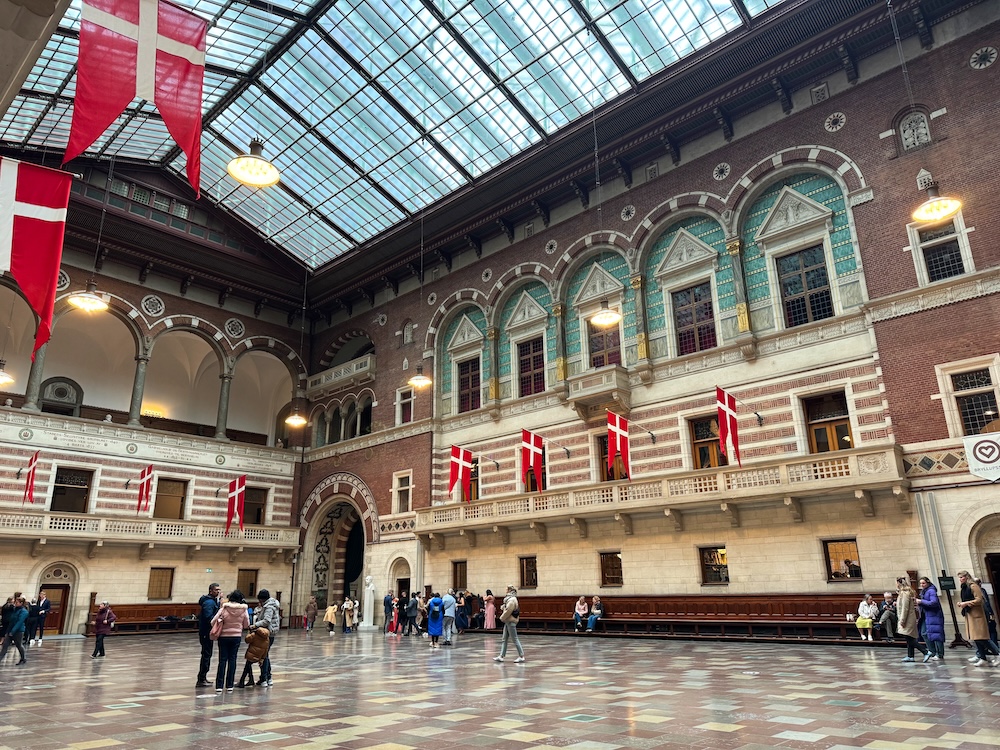
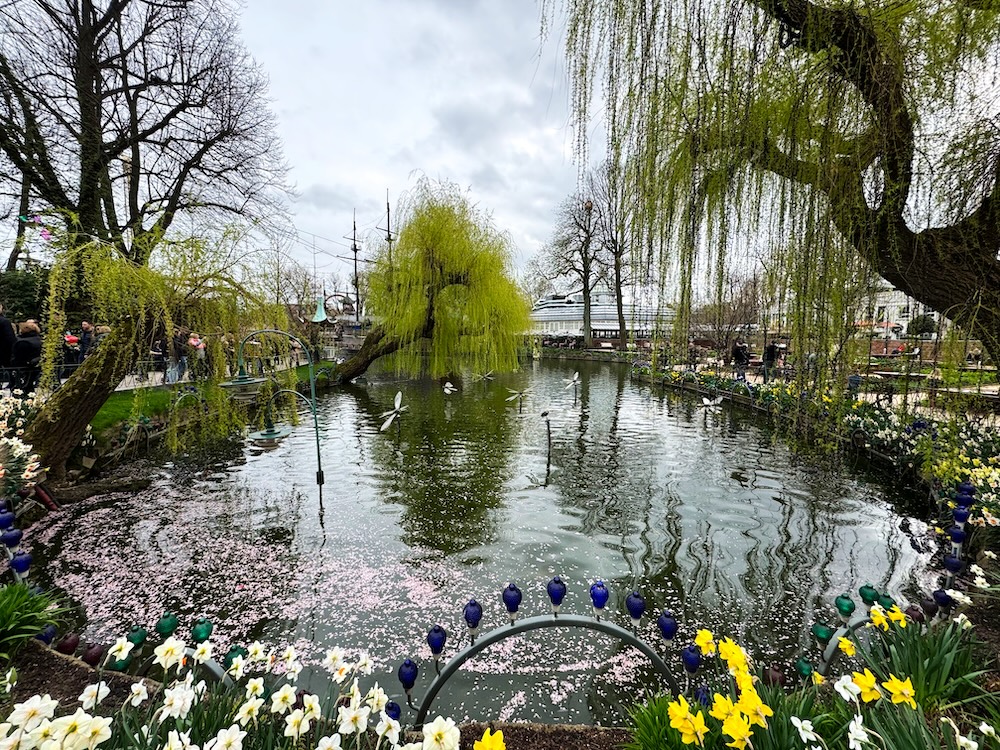
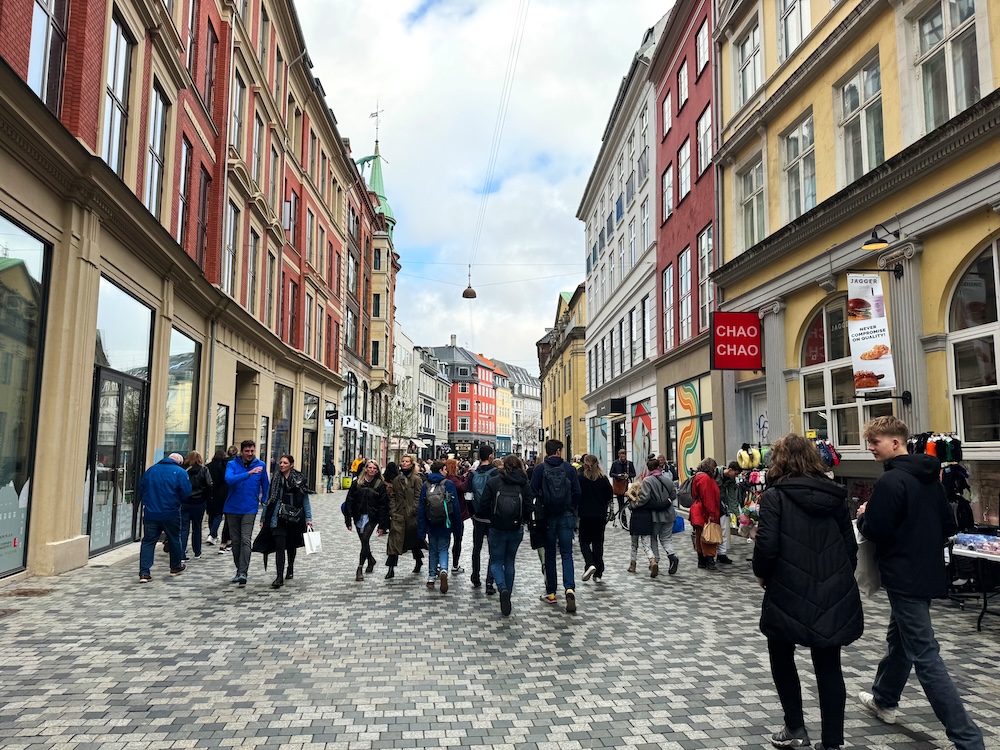
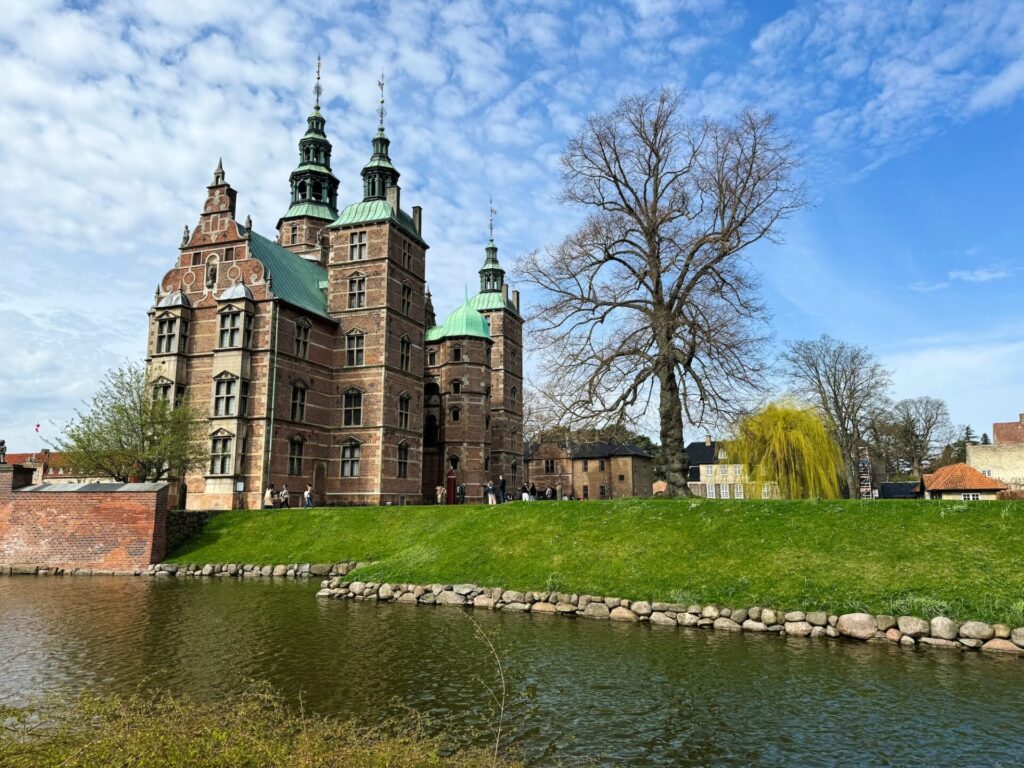
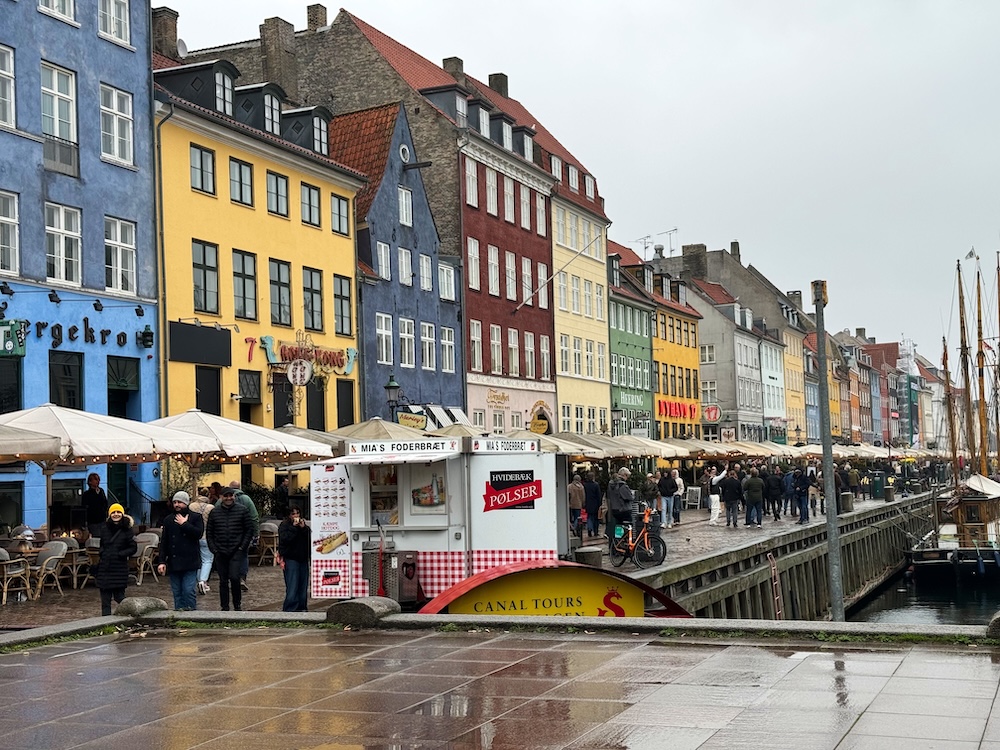

All Denmark Blog Posts
-
How to Spend One Week in Scandinavia
I think ten days gives a great introduction to Scandinavia, but I realize that not everyone has ten days to dedicate to their trip. So…
-
Should You Visit Tivoli Gardens in Copenhagen?
One sight that you’ll see pop up again and again on itineraries in Copenhagen is Tivoli Gardens. So, it’s no surprise that I added it…
-
5 Churches in Copenhagen to Add to Your Itinerary
Throughout this blog, you’ll often hear me say that “it’s not a list of things to do in Europe, without at least one church on…
-
16 Scandinavia Travel Tips to Have a Great Trip
Scandinavia makes a great trip, but I think all trips can be improved with a few travel tips. Whether that’s money savings (which is definitely…
-
Scandinavia Travel Budget Breakdown (+ Money Saving Tips)
When I first looked at visiting Scandinavia, I was concerned about the cost. I’d always heard that it’s an expensive area to travel, and since…
-
How to Spend One Day in Copenhagen
Copenhagen is the capital of Denmark and its most populous city. It’s also the most popular city for tourists passing through Denmark to visit. You’ll…
-
10 Days in Scandinavia – The Perfect Itinerary
Scandinavia consists of the countries of Denmark, Sweden, and Norway. Any of these countries can make a great vacation, but you’ll need a large amount…

